Imaginings
stories, creative nonfiction, poetry, and other imaginative accounts of the natural world
-
One-Planetary-Health: Reflections on Urban Novel Ecosystems in Bogotá and Copenhagen
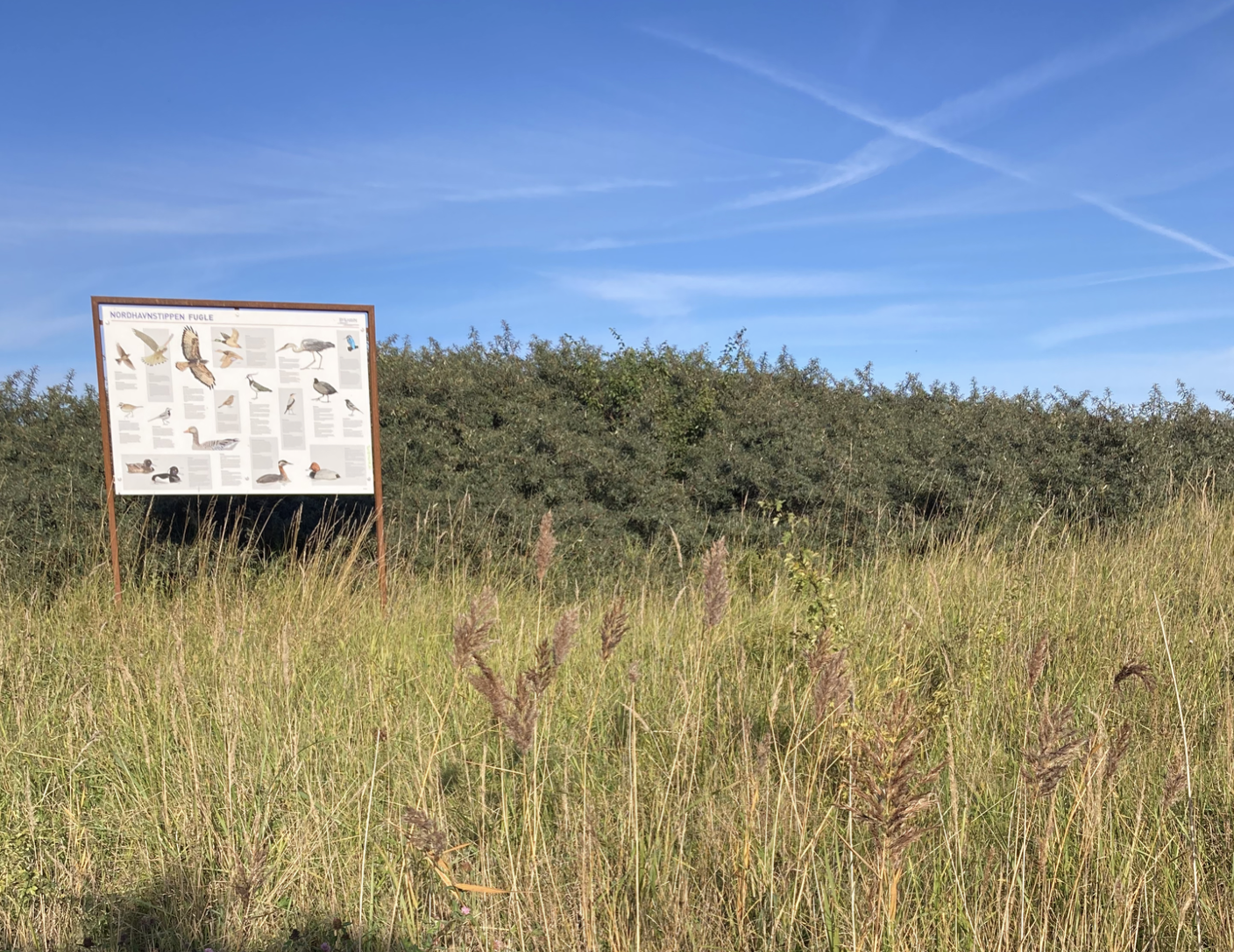
Nordhavnstippen, a space for birds and ruderal nature, 2024. © Natalia Rodriguez-Castañeda. All rights reserved. by Natalia Rodriguez-Castañeda What do Los Cerros, Bogotá’s degraded peri-urban forested mountains, and Nordhavnstippen, Copenhagen’s abandoned post-industrial site with emerging ruderal vegetation, have in common? The two sites highlight the opportunities and challenges of embracing novel, ruderal, and spontaneous forms
-
Fostering the Health of Humans and the Planet in a World of Many Worlds

By Carlos E. Sánchez Pimienta: Over the past two decades, there has been growing recognition among health professionals of the profound connection between human health and ecosystems. Historically, health was viewed as a condition of human bodies and minds, but recent crises such as the COVID-19 pandemic and extreme-weather events have prompted health professionals to…
-
Loss, Grief, and the Politics of Planetary Health
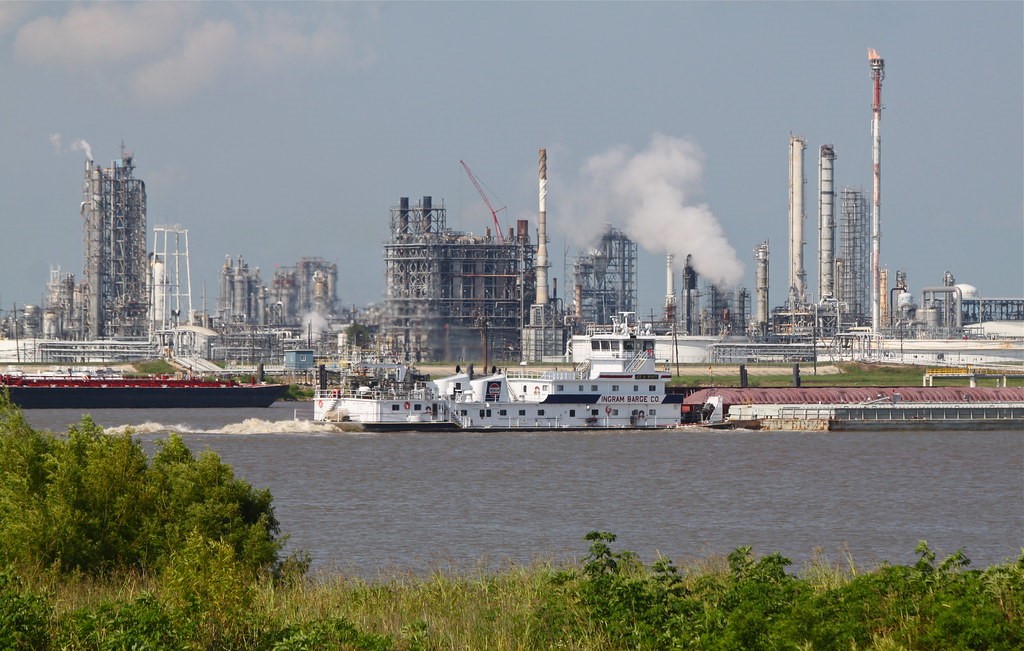
By Dylan M. Harris: Grief is inherently political. Death has a way of laying bare the unequal conditions of life, the very basis of politics. The vacuum of loss creates solidarity among those left to make sense of what has happened and what remains.1 Grief is necessarily relational, pulling together multiple lives and experiences, even…
-
Provocations of the Planetary: Ed Roberson’s Poetry of Scalar Disjunction
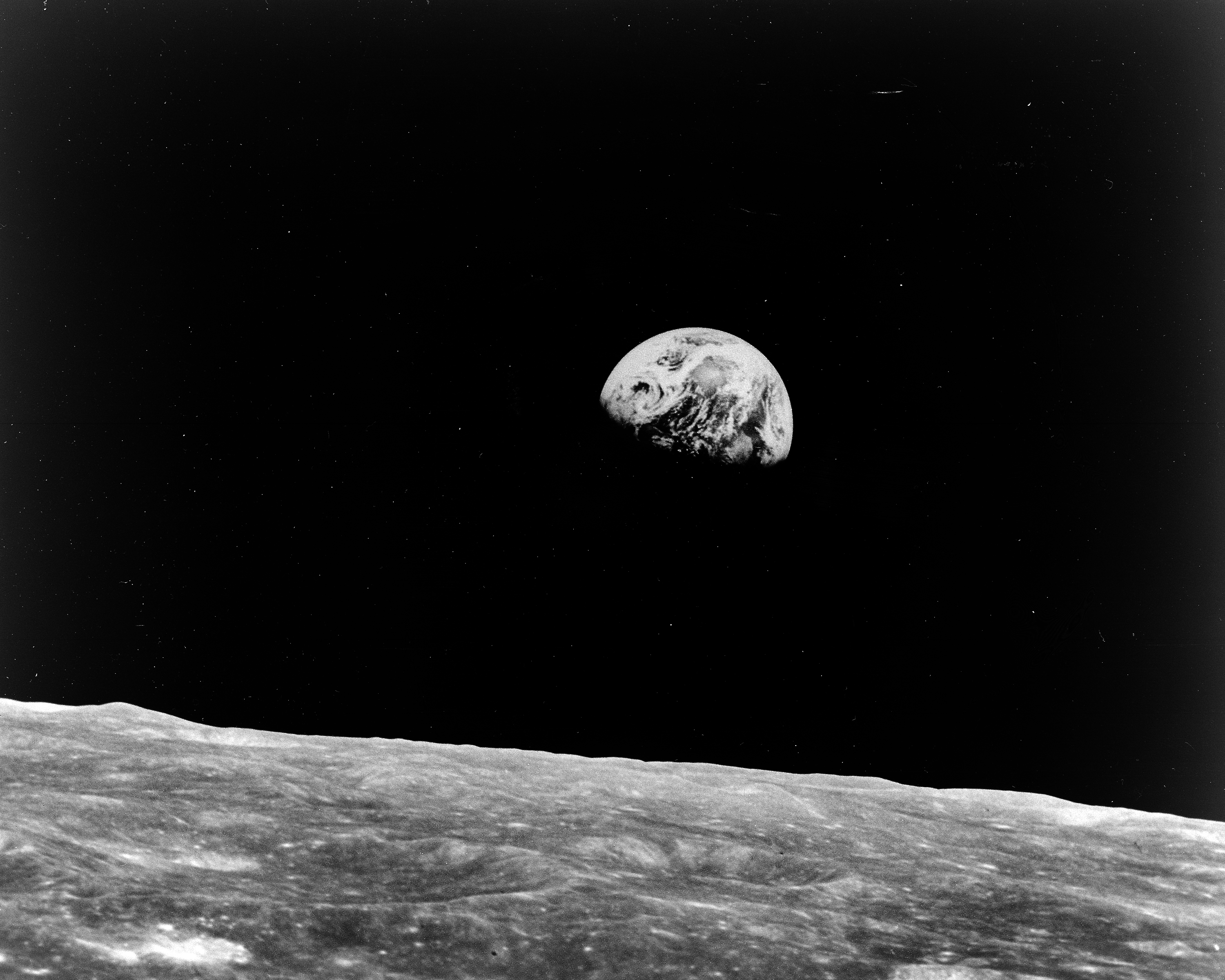
By Thomas Storey: The African American poet Ed Roberson’s (b. 1939) work engages with this incommensurability, this simultaneous continuity and discontinuity, by facing up to ways in which we are alienated from our planetary being. His poetry therefore offers a response to alterity, opacity, and the sublime realization of one’s place within a magnitude that…
-
Nature and Me Make Two: The Genesis of Biophilia
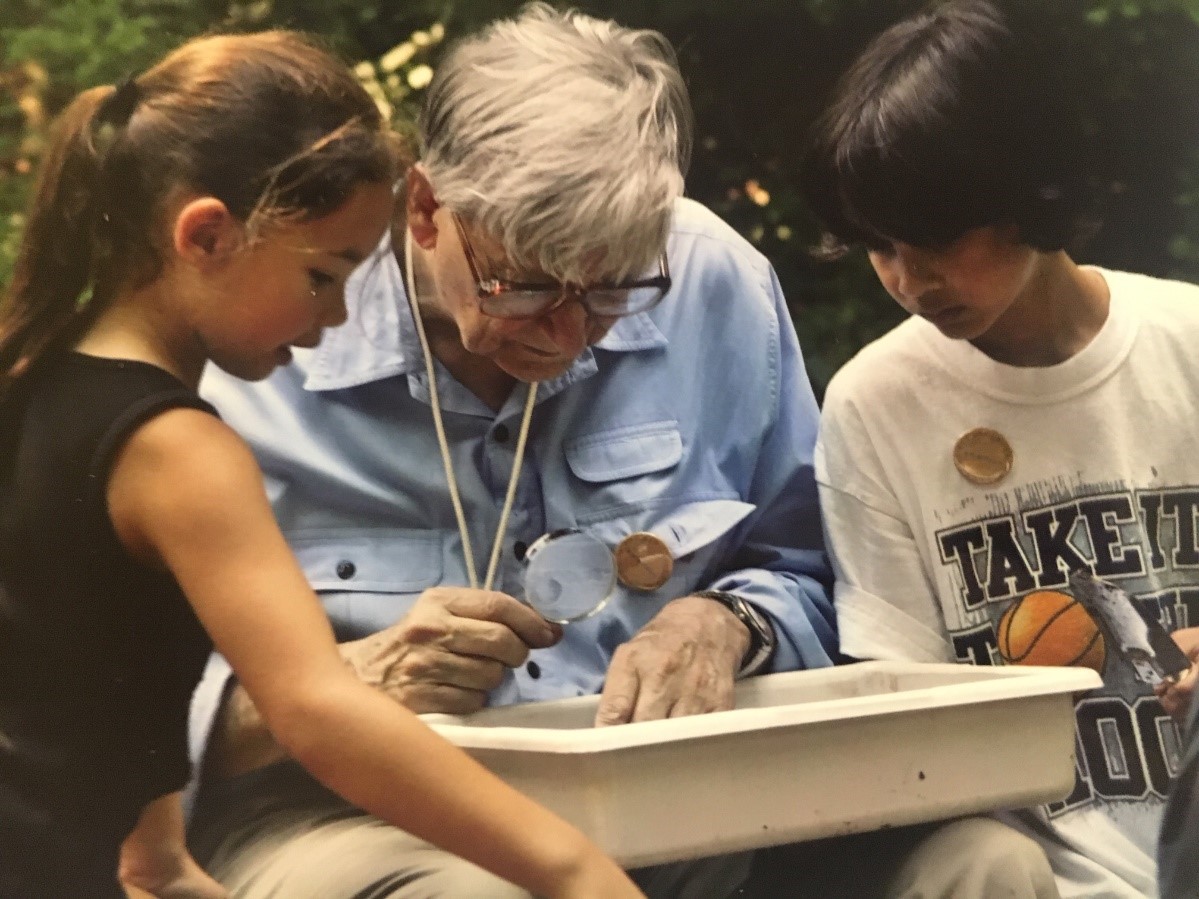
By Dennis Liu: While the identities we don are deeply personal, their effects resonate in public, profoundly impacting our families and friends, our communities, and ultimately nations and societies. Two twentieth-century scholars, German-US social psychologist Erich Fromm (1900–1980) and US biologist E. O. Wilson (1930–2022), despite highly divergent backgrounds and training, converged on the importance…
-
Cities Under Water: Valencia, Spain, and Urban Flooding
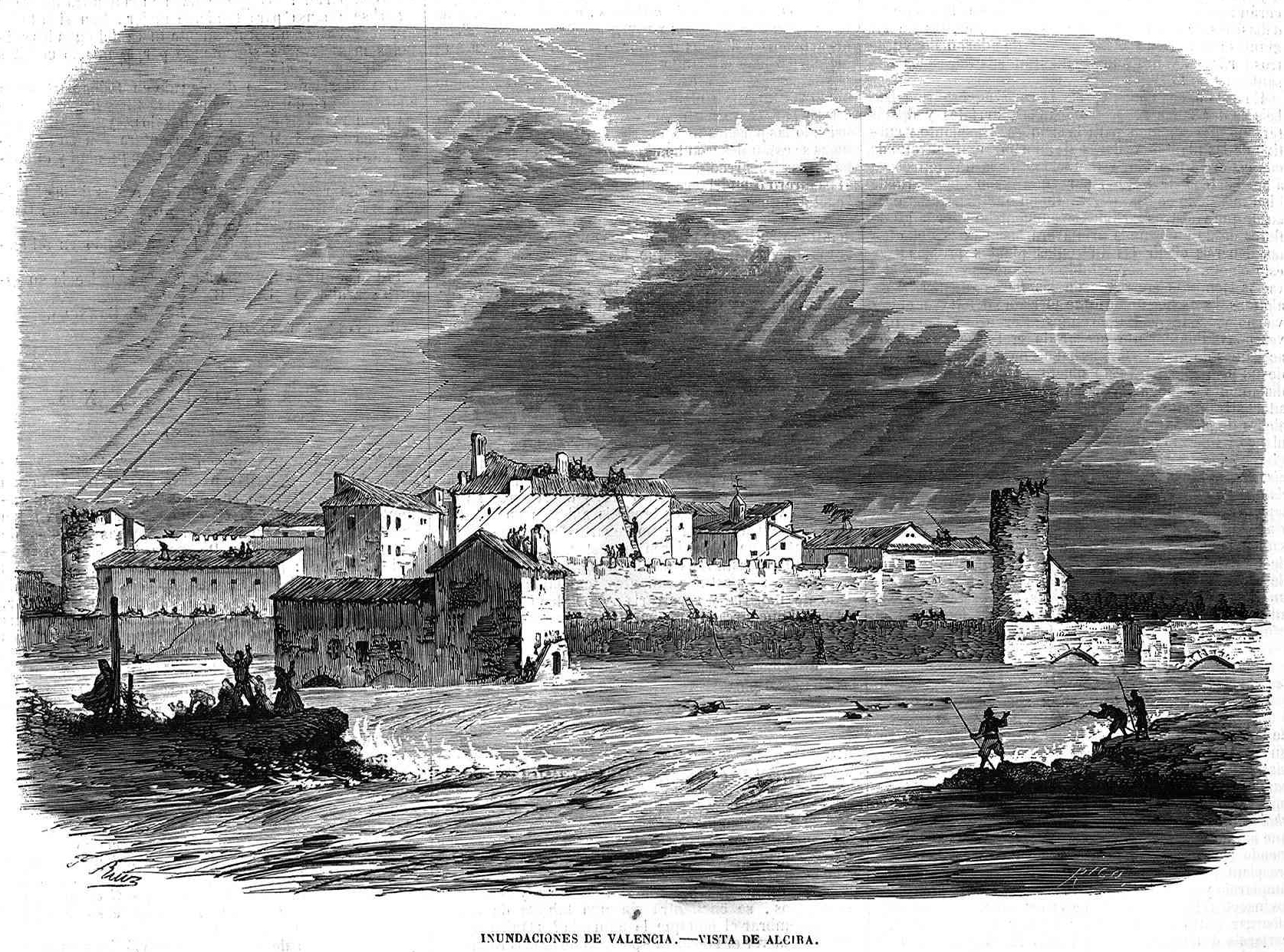
By Paul Josephson: On 29 October 2024, residents of the town of Paiporta (pop. 27,000), about eight kilometers from Valencia’s city center, saw a “tsunami” of mud and debris catapulting down toward them. At least 60 people died in Paiporta, and a total of 222 individuals died in the region. The area is prone to…
-
On the Scenic Beauty of Santiago: What Does the Intergovernmental Panel on Climate Change (IPCC) Know About Aesthetics?
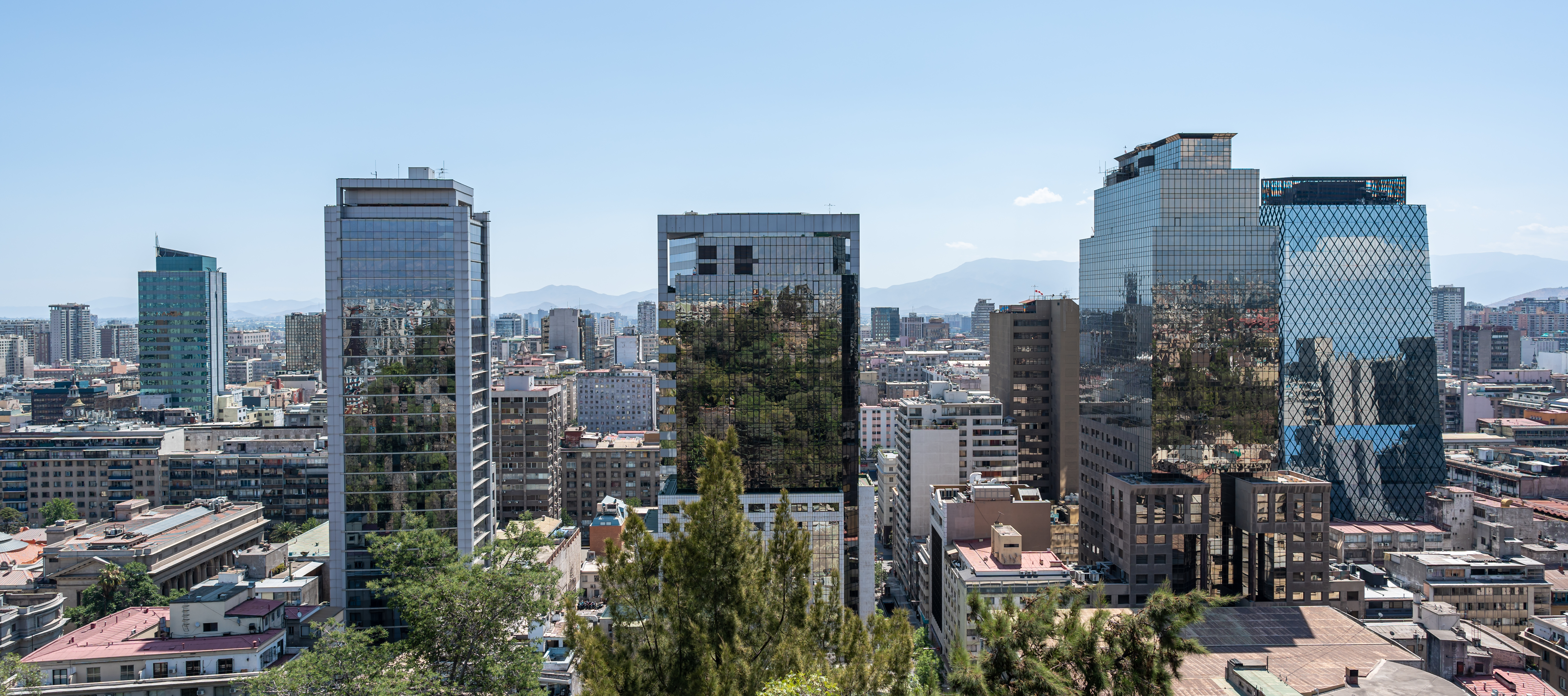
By Floris Winckel and Alice Murphy: An Ecosystem Services article from 2017 warned that under current trends in urbanization, rising temperatures, and wildfires, Santiago de Chile could suffer an alarming 18 to 28 percent drop in scenic beauty. This statistic may surprise readers. Some may find it odd, even inappropriate, to focus on aesthetics in…
-
Russian Environmental Politics: Reading Between the Lines—New Climate, New Strategy: Betting on the Revival of Mammoths over the End of Fossil Fuels
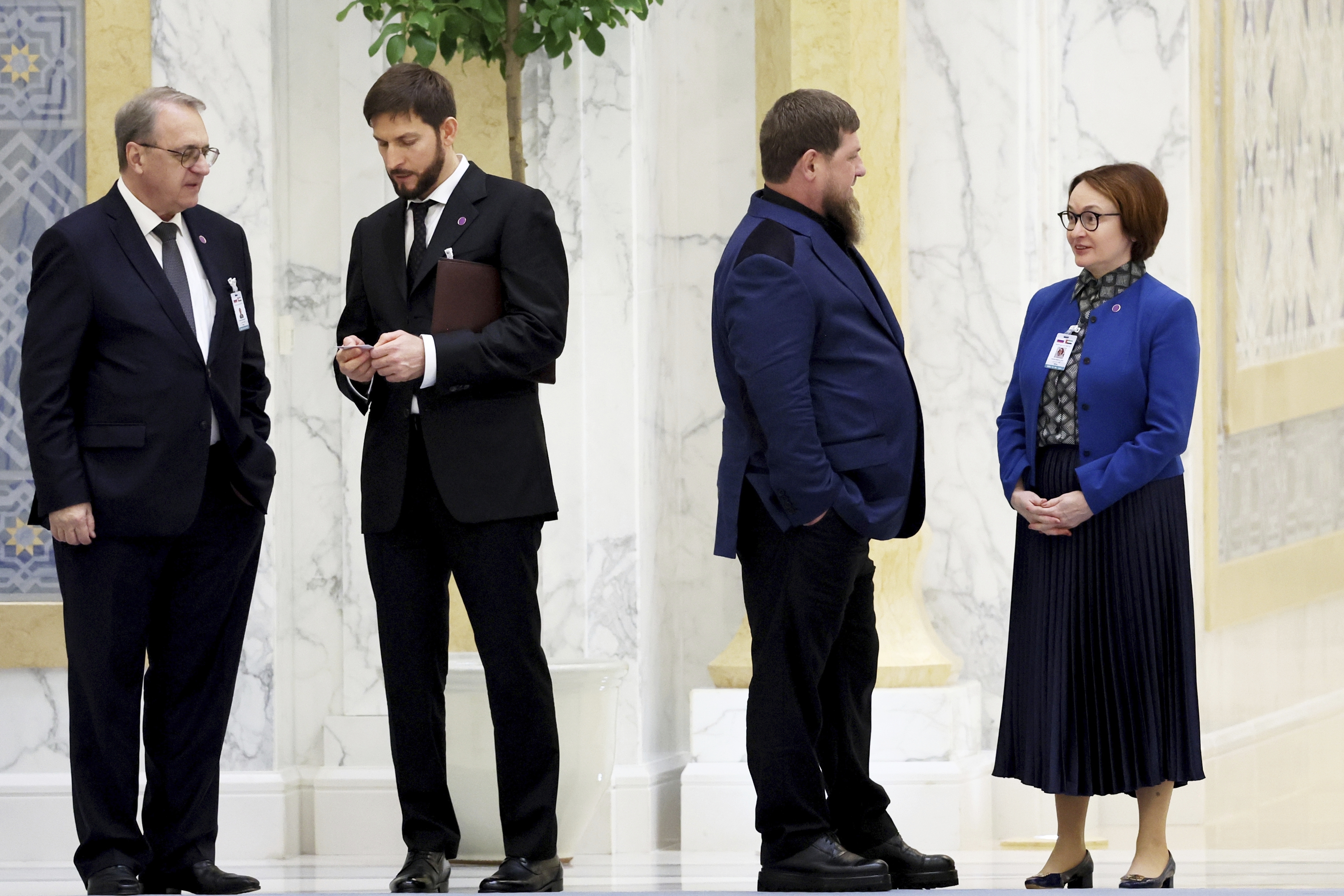
By Vita Lacis: On 26 October 2023, Vladimir Putin signed a revised version of the Climate Doctrine of the Russian Federation—a high-profile document that determines the climate policies of the state on all levels, from international to municipal. Although only an updated version of the previous climate doctrine, released in 2009, the Doctrine illuminates the…
-
Exploring Health–Nutrition–Ecology Relationships and Resilience through Food-Farming Practices in Thailand
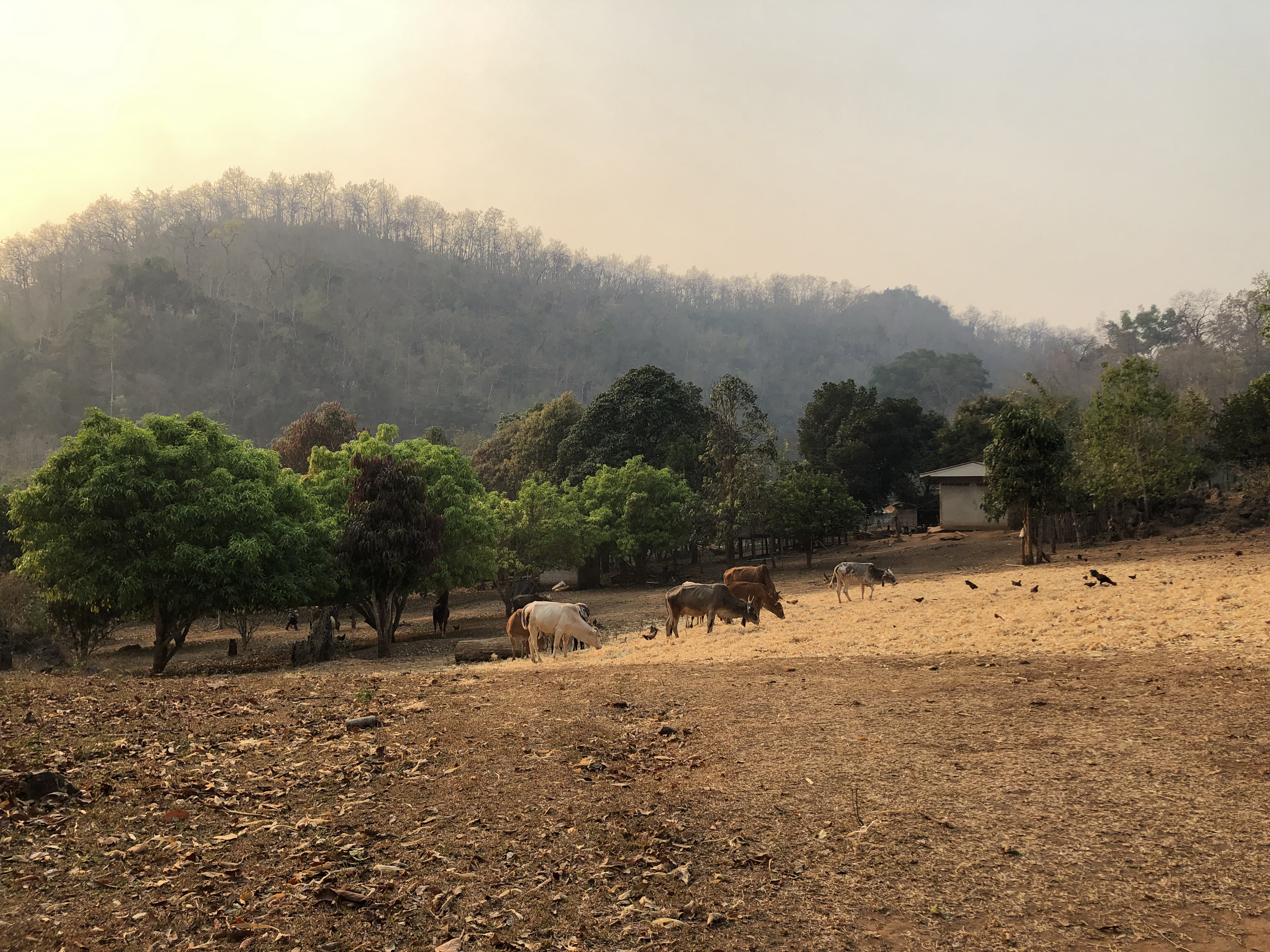
By Judith Bopp: The word Lebensmittel, one of several words for food in German, translates as “means to life” in English. This concept illustrates that supplying the body with nutritional and suitable foods is the key to maintaining vitality and overall well-being. Food–health linkages have already been recognized within scientific communities (cf. Schnitter and Berry…